Illustrative Image of Medication (Internet Source)
[People News] Recently, the CCP’s official media outlet, China News Network, reported that over 350 officials from the pharmaceutical system were investigated in 2024. This group included academicians, renowned doctors, hospital directors, health commission officials, and executives from pharmaceutical companies. The report stated, “A total of 52,000 cases were filed nationwide, 40,000 individuals were disciplined, and 2,634 were transferred to prosecutorial authorities.”
The scope of the corruption exposed is extraordinarily broad. Geographically, it spans across 30 provinces nationwide. In terms of hospital coverage, it ranges from township health centers to prestigious top-tier hospitals. Industry-wise, it permeates the entire chain, from pharmaceutical companies and hospitals to medical schools. Regarding the ranks of corrupt personnel, it includes officials at every level, from grassroots cadres to department-level leaders.
It is widely known that since the CCP marketized the healthcare industry, hospitals, originally intended to save lives, have turned into profit-driven enterprises. This has transformed patients into helpless prey, as unscrupulous doctors exploit their professional knowledge to take advantage of patients, enriching both the hospitals and themselves.
According to reports, Luo Yong, the former secretary and director of Tan Chau People’s Hospital in Zhongshan City, Guangdong Province, who fell from grace last year, engaged in corrupt practices ranging from accepting red envelopes to taking kickbacks from pharmaceutical and equipment suppliers. The total amount involved exceeded 29.8 million yuan. The costs of the medicine and equipment kickbacks he pocketed were passed on as inflated medical expenses, resulting in a significant financial burden on patients. After Luo and his accomplices were removed, the hospital’s average per-patient medical costs dropped by over 1,400 yuan.
Similarly, Yang Wenjun, the director of Pu’er People’s Hospital in Yunnan, embezzled a staggering 16 million yuan from a procurement deal for a medical device priced at just 3,520 yuan—a shocking and unprecedented act. During the procurement process, mid-level hospital officials also followed suit, siphoning funds in intermediary roles. Statistics show that corruption exists across all hospital departments: decision-making departments accounted for 49%, clinical departments for 17%, medical technology departments for 11%, and logistics for 13%.
This reveals that the seemingly unsolvable issues of expensive and difficult access to healthcare in China are largely the result of inflated costs stemming from corruption. Patients are forced to bear the financial burden of these kickbacks and inflated prices, effectively paying for the officials' misconduct. While the predatory practices of hospitals are widely acknowledged, illness compels people to seek treatment despite the injustice, highlighting the tragic reality of life for ordinary Chinese citizens.
From 2013 to 2022, an analysis of over 2,900 criminal verdicts involving bribery in the medical field revealed that corruption in procurement cases accounted for 40% in medical devices, 30% in pharmaceuticals, and 20% in medical consumables. Taking pharmaceutical kickbacks and engaging in corrupt practices during equipment procurement have become commonplace for key personnel in hospitals, exemplifying the endemic nature of "profiteering from medicine" in China.
November 2024: Guizhou Medical University’s Party Secretary and President Liang Guiyou Stands Trial. From 2007 to 2023, Liang Guiyou, Party Secretary and President of Guizhou Medical University, was accused of using his position to assist organizations and individuals with pharmaceutical sales, medical equipment procurement, and supply contracts. He is alleged to have illegally accepted bribes totaling 21.67 million yuan.
In December of the same year, Wang Xiaolin, former Vice President of Guizhou Medical University and former Director of the Affiliated Hospital of Guiyang Medical College, faced trial. Despite retiring a decade ago, he was accused of accepting bribes amounting to 150 million yuan from 2002 to 2023. His activities reportedly involved facilitating mergers, medical equipment purchases, pharmaceutical sales, and construction project contracts.
The disciplinary reports for both Liang Guiyou and Wang Xiaolin stated their shared offenses: "violating moral and legal boundaries, exploiting the medical system for personal gain, and engaging in rampant transactions of power and money."
November 2024: Former Party Secretary of Anhui Provincial Hospital Sentenced. Hu Shilian, the former Party Secretary of Anhui Provincial Hospital, was sentenced to 11 years in prison for accepting bribes totaling 13.09 million yuan from 2006 to 2015. These bribes were linked to construction projects, medical equipment procurement, and pharmaceutical contracts.
Routine practices such as ordering unnecessary tests, prescribing expensive kickback-heavy medications, and conducting unwarranted surgeries have significantly increased the financial burden on patients. These exploitative behaviors have become the norm in Chinese hospitals.
In November 2024, Tian Wei, a former president of Beijing Jishuitan Hospital and an academician of the Chinese Academy of Engineering, was arrested. Tian was a leading figure in spinal surgery in China, and his case is considered a landmark in the anti-corruption campaign within the medical sector.
Netizens revealed that Tian Wei, a prominent expert in spinal surgery, led the drafting of China’s Orthopedic Diagnosis and Treatment Guidelines. During this process, he relaxed the criteria for lumbar disc surgery, which led to a significant increase in spinal surgeries across China. Patients were often threatened with statements like, “If you don’t undergo surgery, you’ll become paralyzed,” turning spinal conditions that did not require surgery under international standards into mandatory surgical cases in China.
Using his reputation as a renowned medical expert and academician, Tian modified the Diagnosis and Treatment Guidelines to increase the volume of surgeries performed at hospitals, thereby reaping enormous profits. He completely disregarded the well-being of patients, coercing them into undergoing unnecessary surgeries solely for financial gain. Such actions, netizens argue, caused even greater harm to the public than ordinary corruption.
When Tian Wei was arrested, it was reported that he was so terrified he lost control of his bladder and bowels. Authorities raided his home for over six hours, seizing cash, bonds, and bank records totaling an estimated 300-400 million yuan. One netizen concluded their commentary with the saying, “The heavens are watching,” suggesting that Tian’s ultimate downfall might be a form of retribution for the harm he caused to his patients.
In 2024, several provincial-level medical officials were investigated, with one-third holding key positions in the medical system. Over 30 department-level officials were implicated, including: Song Yufeng, former Director of Guizhou’s Medical Insurance Bureau, accused of taking 26.21 million yuan in bribes from 2012 to 2023. Cai Renjie, former Director of Hainan’s Medical Insurance Bureau, who received bribes of particularly large amounts (exceeding 3 million yuan). Wei Xingang, former Secretary of Heilongjiang’s Health Commission, and Liu Zilin, former Secretary and Director of Anhui’s Food and Drug Administration, among others.
The CCP’s marketization of industries vital to public welfare, such as education and healthcare, has resulted in minimal government investment. In the healthcare sector, doctors and hospitals have abandoned their noble mission of healing in favor of profit-driven practices. Hospitals have become "harvesters," exploiting patients with unnecessary tests, expensive medications, and unwarranted surgeries. Some have even engaged in grotesque practices, such as illegal organ harvesting.
During the COVID-19 pandemic, the healthcare insurance fund was depleted by nucleic acid testing and vaccine companies. Rising medical insurance fees have driven many citizens to abandon coverage. With the fund facing insolvency, the CCP’s anti-corruption campaign targeting hospitals appears to be less about reform and more about reaping financial benefits for itself. Officials who once colluded with the system to harm the people may ultimately face severe consequences, losing not only their ill-gotten wealth but also their lives and reputations.
(Originally published in People News)

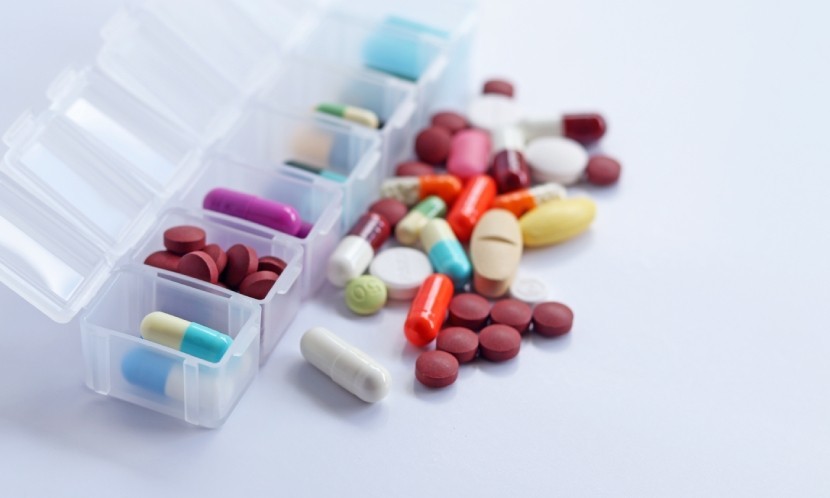
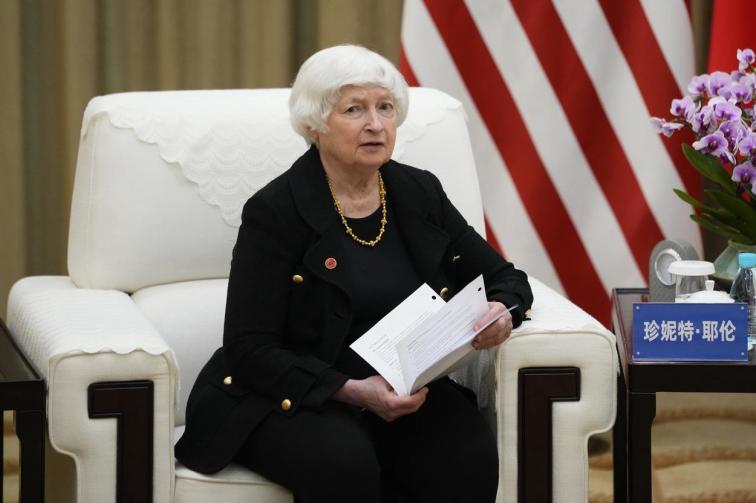
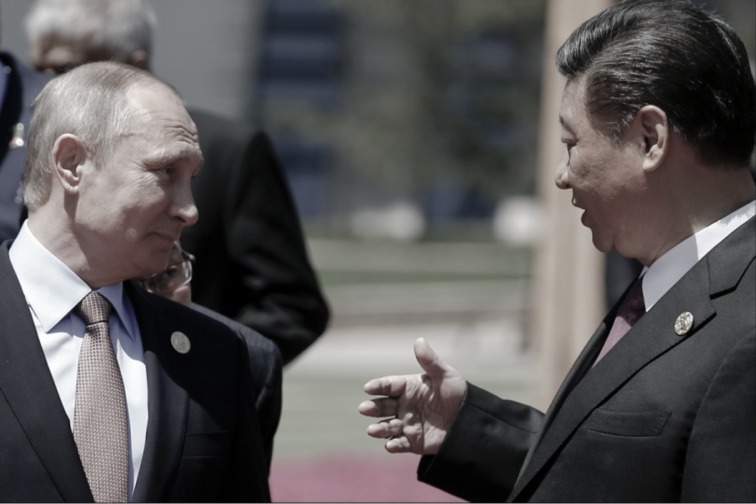
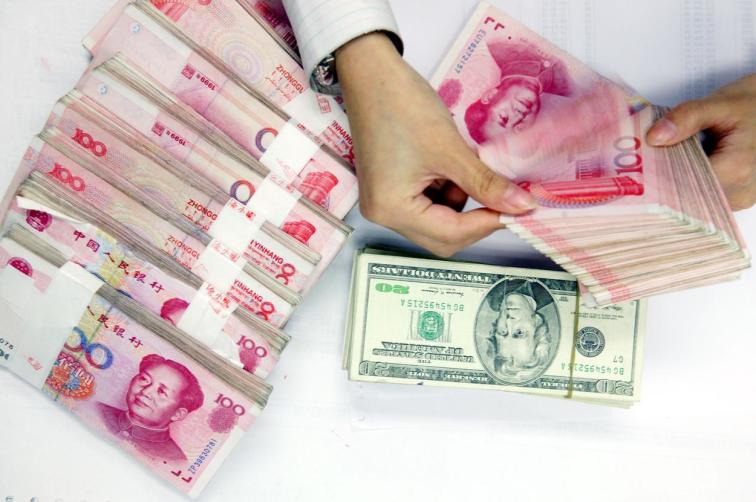


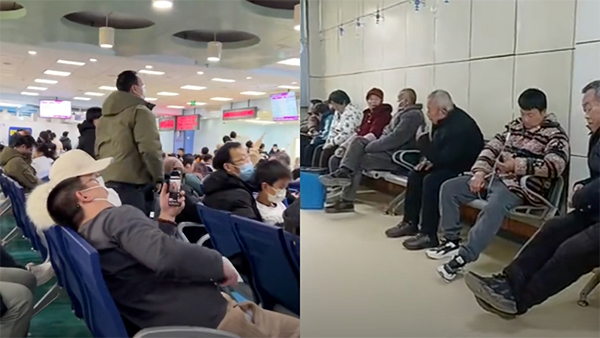

News magazine bootstrap themes!
I like this themes, fast loading and look profesional
Thank you Carlos!
You're welcome!
Please support me with give positive rating!
Yes Sure!